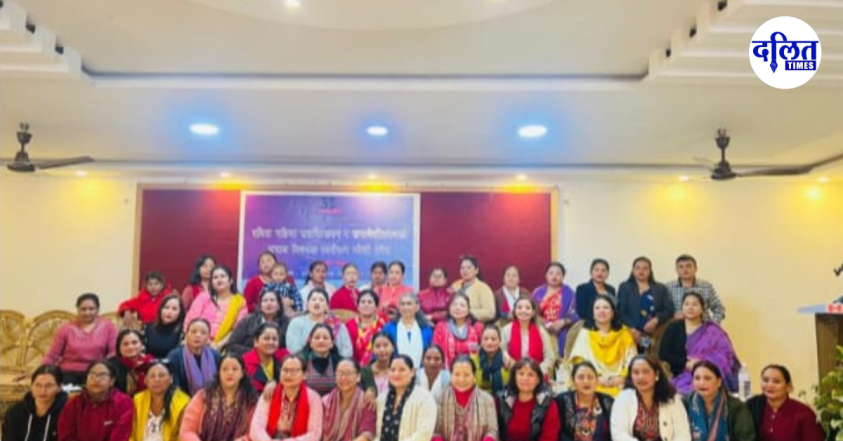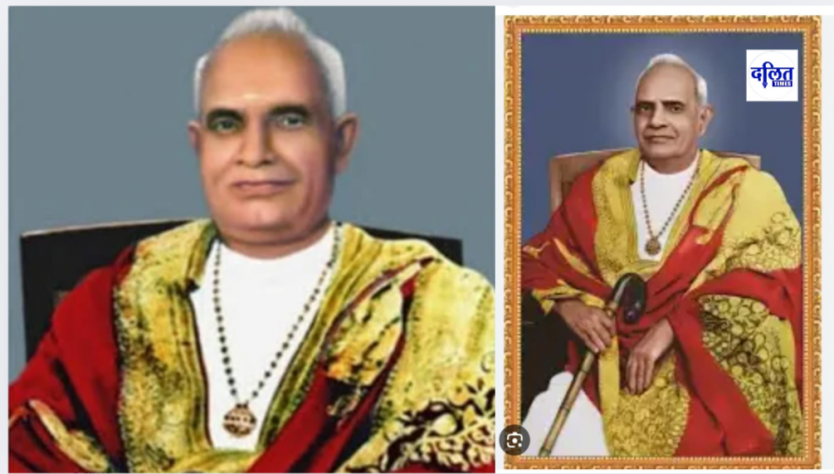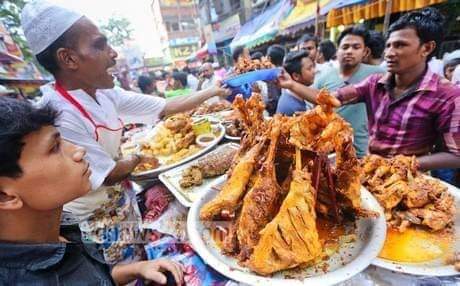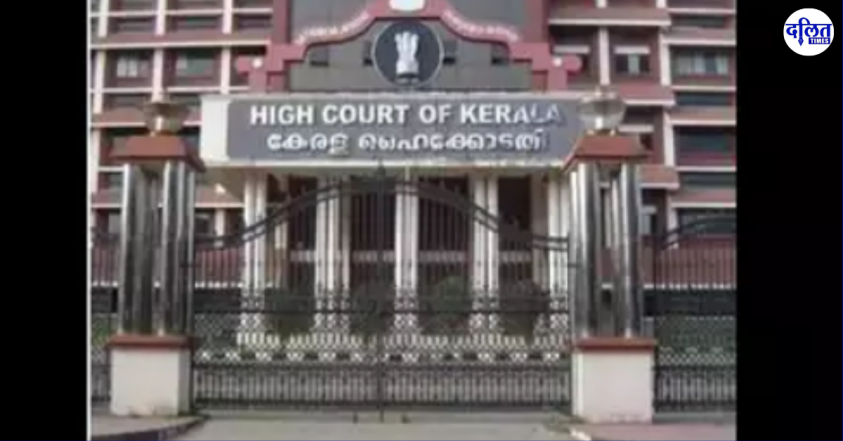In a country still scaffolded by caste hierarchy and patriarchal control, the Feminist Dalit Organization (FEDO) stands as a thirty-year testament to what it means to resist — persistently, politically, and powerfully. FEDO, founded in 1994, is not merely an NGO. It is a political intervention — a grassroots, feminist, anti-caste force working to transform Nepali society by centering the rights and leadership of Dalit women in the mainstream.
Three decades on, the organization’s mission remains urgent: to dismantle systemic inequality, amplify Dalit women’s voices in public life, and create spaces where leadership, justice, and dignity are not privileges, but rights. This is not just a story of development. It is a story of defiance — against the silence of the state, the violence of caste, and the complicity of patriarchal institutions.
Also Read: “This Is Not Justice — It’s Caste Control:, The Criminalization of Vedan a Dalit Rapper”
From Resistance to Representation: Building a New Political Imagination
Leadership is not inherited. It is built. FEDO understands this. That is why its core strategy focuses on identifying, capacitating, and mobilizing Dalit women as frontline leaders in every corner of the country. Through youth leadership programmes, political trainings, and electoral education, FEDO has cultivated a generation of Dalit women who are not just participants — but protagonists — in local governance and policymaking.
“Earlier, we were just called to sign minutes. Now, we shape the agenda,” said a ward member from Bara District. She is a member of FEDO. This shift from passive tokenism to active negotiation reflects FEDO’s deep-rooted strategy to politicize the margins — to make visible what was systematically erased.
The main targets of FEDO are:
- Mobilization of local-level Dalit women leaders
- Youth and adolescent girls’ empowerment through leadership training
- Capacity-building of elected and emerging leaders
- Strategic formation of multi-level leadership networks
- Advocacy for inclusive policies and electoral participation
These interventions are not cosmetic. They are structural. They reclaim space, contest power, and challenge the monopolization of political platforms by dominant caste elites.
Also Read: The New Race for Dalit Votes: Tokenism or Real Change?
A Legal Promise, Still Unfulfilled
Nepal’s 2015 Constitution outlawed caste-based discrimination and promised protections for marginalized communities. But promises are not justice. On the ground, Dalit women — particularly in rural areas — continue to face violence, exclusion, and institutional neglect.
While the state remains slow, FEDO has acted. Its work bridges the chasm between policy and practice, turning legal frameworks into lived realities. Through legal literacy campaigns, municipal-level judicial advocacy, and survivor-centered support, FEDO reclaims justice as a collective, not individual, pursuit.
“More Dalit women are now aware that they can take cases to the judicial committee. FEDO made this possible,” said a Deputy Mayor from Udayapur. Justice, here, is not about courts alone. It is about confronting silence, ending impunity, and restoring dignity.

Economic Rights Are Human Rights
For many Dalit women, poverty is not just material — it is political. Economic dependency reinforces social subordination. That is why FEDO places economic empowerment at the heart of its work. Supported by KIOS – The Finnish NGO Foundation for Human Rights – FEDO’s programme Strengthening Human Rights of Dalit Women in Nepal has helped thousands of women gain vocational skills, launch businesses, and access public funds earmarked for Dalits.
Also Read: Rare of the Rarest Case: Starved to Death: The Long Silence That Killed Thushara
“I Learned How to Run a Small Business”: The Power of Economic Independence
A foundational pillar of FEDO’s work is economic empowerment. Recognizing that poverty is not just a condition but a barrier to participation, FEDO has trained thousands of Dalit women in entrepreneurship, microfinance, and vocational skills. With support from KIOS – The Finnish NGO Foundation for Human Rights – FEDO’s flagship initiative Strengthening Human Rights of Dalit Women in Nepal has made striking gains in equipping Dalit women with the tools for economic self-reliance.
“I now run a general store. I am financially independent,” shared one woman from Bara.
“FEDO showed us the way to access the ward budget. We didn’t even know we had these rights,” said another. These are not anecdotes. These are indicators of a seismic shift — from exclusion to empowerment.
The Road Ahead: A Political and Cultural Struggle
Despite three decades of tireless work, the struggle is far from over. The caste system, while formally illegal, adapts and survives in new forms — social exclusion, political marginalization, and symbolic tokenism. Gender-based violence remains pervasive. Dominant caste elites still occupy the vast majority of positions of power. And yet, FEDO’s 30-year journey offers a radical model — one that intertwines feminist politics with anti-caste resistance, grassroots mobilisation with legal empowerment, and development with justice.
If Nepal’s democracy is to be inclusive and meaningful, it must be measured by the condition of its most oppressed — and by their power to shape it. FEDO’s work shows that the liberation of Dalit women is not a peripheral issue. It is central to the transformation of the Nepali state.
Also Read: To Stitch Together the Unseen: Dr. Monali Mahedia and the Battle Beyond the Scalpel
“If Dalit women are not free, Nepal is not free.”
Rethinking Patriarchy: Transforming Intimacy, Not Just Institutions
Perhaps one of FEDO’s most revolutionary interventions is the Couple Training Programme — a direct challenge to patriarchal norms within the family. This initiative encourages couples to reimagine relationships based on equality, mutual respect, and shared responsibility.
In a society where gender-based violence is normalized and rarely reported, this programme doesn’t just change attitudes — it interrupts intergenerational cycles of violence. These trained couples become community-level ambassadors of gender justice — transforming both private homes and public narratives.
The Political Is Personal: Speaking Truth at CEDAW
At the 90th CEDAW Session, Durga Sob, Founding President of FEDO, addressed the global stage with clarity and courage. She spotlighted the three critical realities facing Dalit women in Nepal:
- Barriers to justice due to fear, discrimination, and legal illiteracy
- Minimal political representation, despite quota systems
- Violence against inter-caste couples, with no state protection
Durga Sob called for urgent international accountability — urging Nepal to enforce anti-discrimination laws, reinstate protection for inter-caste marriages, and ensure inclusive leadership mechanisms.
Her intervention was not diplomacy. It was an indictment — of a state that promises rights in its Constitution but fails to protect its most marginalized citizens.
Also Read: Glamour Isn’t Enough: The Fight for Respectful and Drug-Free Workspaces in Cinema
The Fight Ahead: More Than Inclusion, It’s About Power
FEDO’s journey over the last thirty years is not one of simple institutional growth. It is a radical model of feminist, anti-caste organizing that dares to place Dalit women at the center of Nepal’s democratic project.
But the fight is far from over. The caste system morphs, adapts, and survives — even under the guise of inclusion. Gender violence remains pervasive. Dominant caste elites still monopolize decision-making spaces. And yet, what FEDO offers is not just hope — but a roadmap.
By Bindu Ammini, Dalit Feminist



